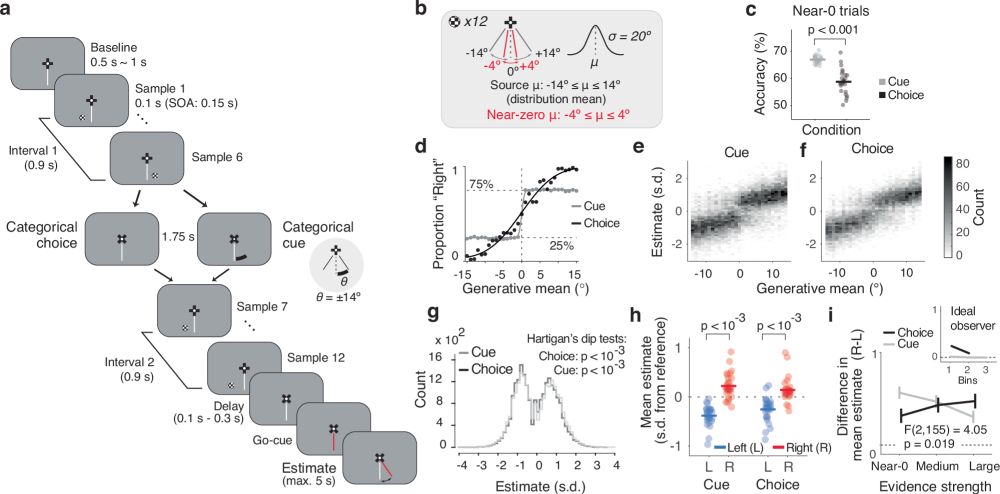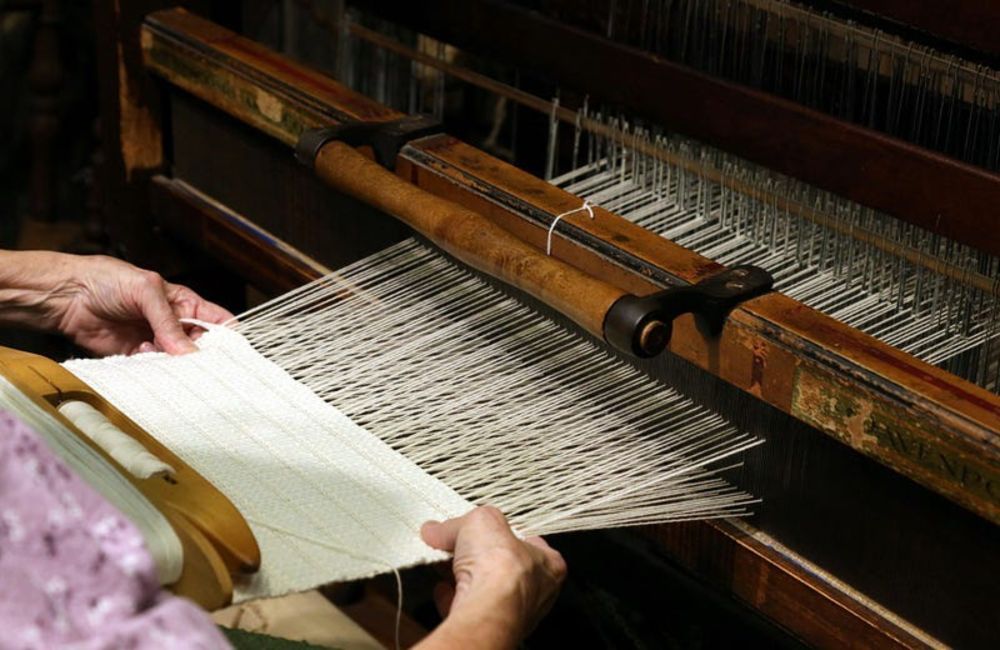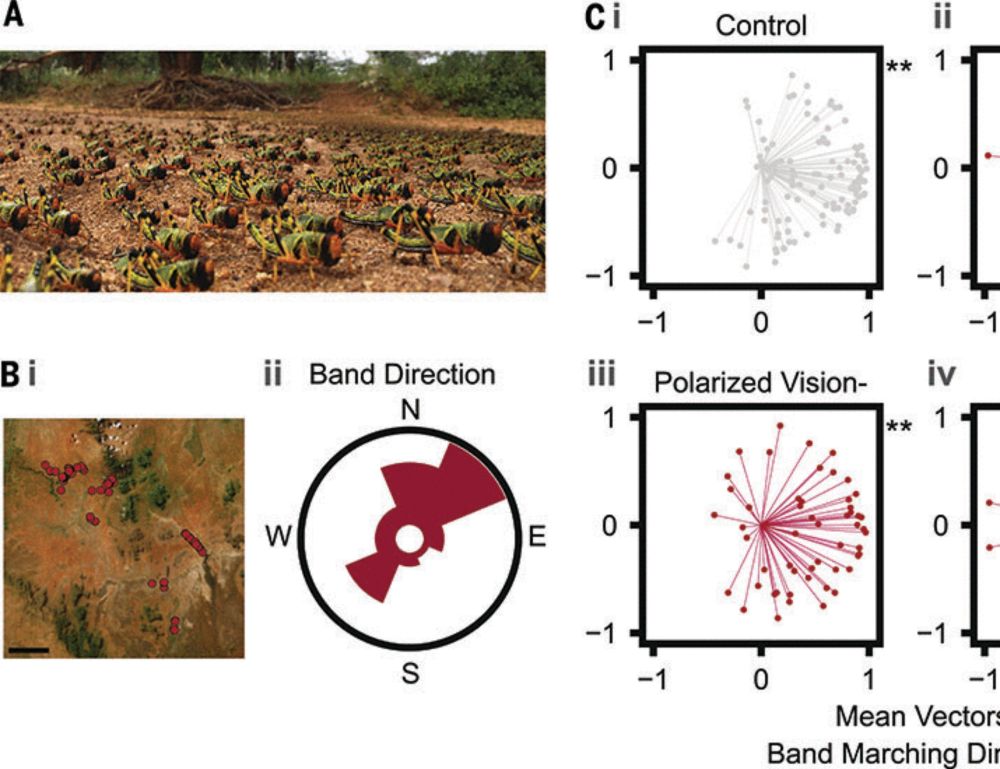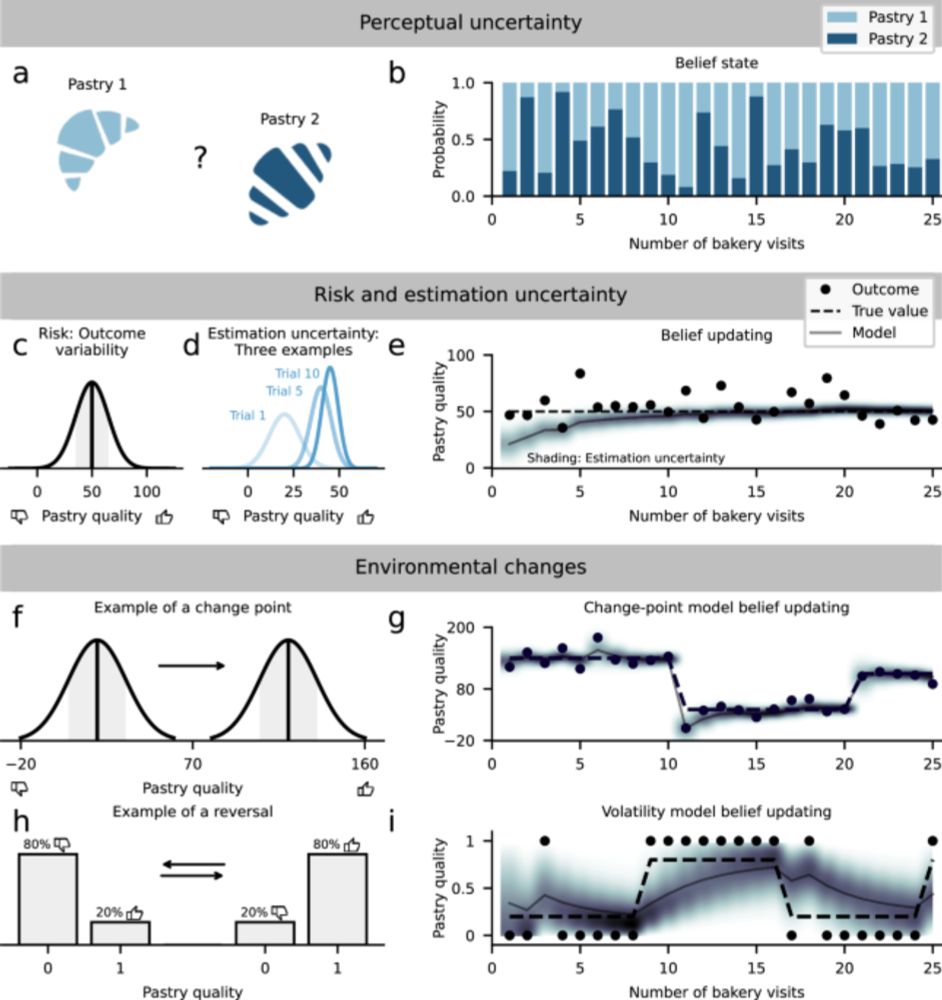msca fellow LNC^2 ENS paris, Wyart team

Join the Irrationality Lab @ Trinity College Dublin for ERC-funded postdoc positions in Decision Neuroscience.
Work with OPM-MEG + computational modeling to uncover how the brain shapes, maintains and revises preferences.
Apply & info: www.ktsetsoslab.net/_files/ugd/0...
#NeuroJobs
Join the Irrationality Lab @ Trinity College Dublin for ERC-funded postdoc positions in Decision Neuroscience.
Work with OPM-MEG + computational modeling to uncover how the brain shapes, maintains and revises preferences.
Apply & info: www.ktsetsoslab.net/_files/ugd/0...
#NeuroJobs
It'll run via Brussels (with Eurostar connection from London) 3 times a week. This + existing train = Brussels-Berlin 6 times a week. www.europeansleeper.eu/paris

@natcomms.nature.com #robotics
www.nature.com/articles/s41...

@natcomms.nature.com #robotics
www.nature.com/articles/s41...


But, contrary to what you may think, noise ceilings do not provide an absolute index of data quality.
Let's dive into why. 🧵
But, contrary to what you may think, noise ceilings do not provide an absolute index of data quality.
Let's dive into why. 🧵

#neuroskyence
www.thetransmitter.org/this-paper-c...

—often through irrelevant influences, like cognitive biases:
buff.ly/o2uruLU

—often through irrelevant influences, like cognitive biases:
buff.ly/o2uruLU

www.biorxiv.org/content/10.1...

www.biorxiv.org/content/10.1...
Latest @science.org from first author @sercansayin.bsky.social and #Konstanz team ⬇️
@einatcouzin.bsky.social @icouzin.bsky.social @cbehav.bsky.social @uni-konstanz.de
www.science.org/doi/10.1126/...

Latest @science.org from first author @sercansayin.bsky.social and #Konstanz team ⬇️
@einatcouzin.bsky.social @icouzin.bsky.social @cbehav.bsky.social @uni-konstanz.de
www.science.org/doi/10.1126/...
How does learning change across the lifespan? We propose that resource rationality—adapting belief updating to cognitive limitations—can explain age-related differences in learning.
📖 doi.org/10.1037/rev0...
👇 A short thread:
How does learning change across the lifespan? We propose that resource rationality—adapting belief updating to cognitive limitations—can explain age-related differences in learning.
📖 doi.org/10.1037/rev0...
👇 A short thread:
We developed novel frameworks to study multi-agent decisions in mice.
Mice flexibly shift their decision preference under social competition, by integrating real-time self and opponent information!
www.biorxiv.org/content/10.1...

We developed novel frameworks to study multi-agent decisions in mice.
Mice flexibly shift their decision preference under social competition, by integrating real-time self and opponent information!
www.biorxiv.org/content/10.1...
📖 Read more: nature.com/articles/s44...
With Matt Nassar & @haukeren.bsky.social

📖 Read more: nature.com/articles/s44...
With Matt Nassar & @haukeren.bsky.social

www.nature.com/articles/s41...

www.nature.com/articles/s41...
www.nature.com/articles/s41...

www.nature.com/articles/s41...
bioRxiv: www.biorxiv.org/content/10.1...

bioRxiv: www.biorxiv.org/content/10.1...
Really beautifully explained!
"Cognitive neuroscience: How the brain navigates abstract task spaces"
www.cell.com/current-biol...

Really beautifully explained!
"Cognitive neuroscience: How the brain navigates abstract task spaces"
www.cell.com/current-biol...
w/ Nejatbakhsh, Duong, @sarah-harvey.bsky.social, Brincat, @siegellab.bsky.social, @earlkmiller.bsky.social & @itsneuronal.bsky.social
w/ Nejatbakhsh, Duong, @sarah-harvey.bsky.social, Brincat, @siegellab.bsky.social, @earlkmiller.bsky.social & @itsneuronal.bsky.social
We've long known that decisions can be biased by normatively irrelevant factors. But how do these biases arise in the brain?

We've long known that decisions can be biased by normatively irrelevant factors. But how do these biases arise in the brain?

